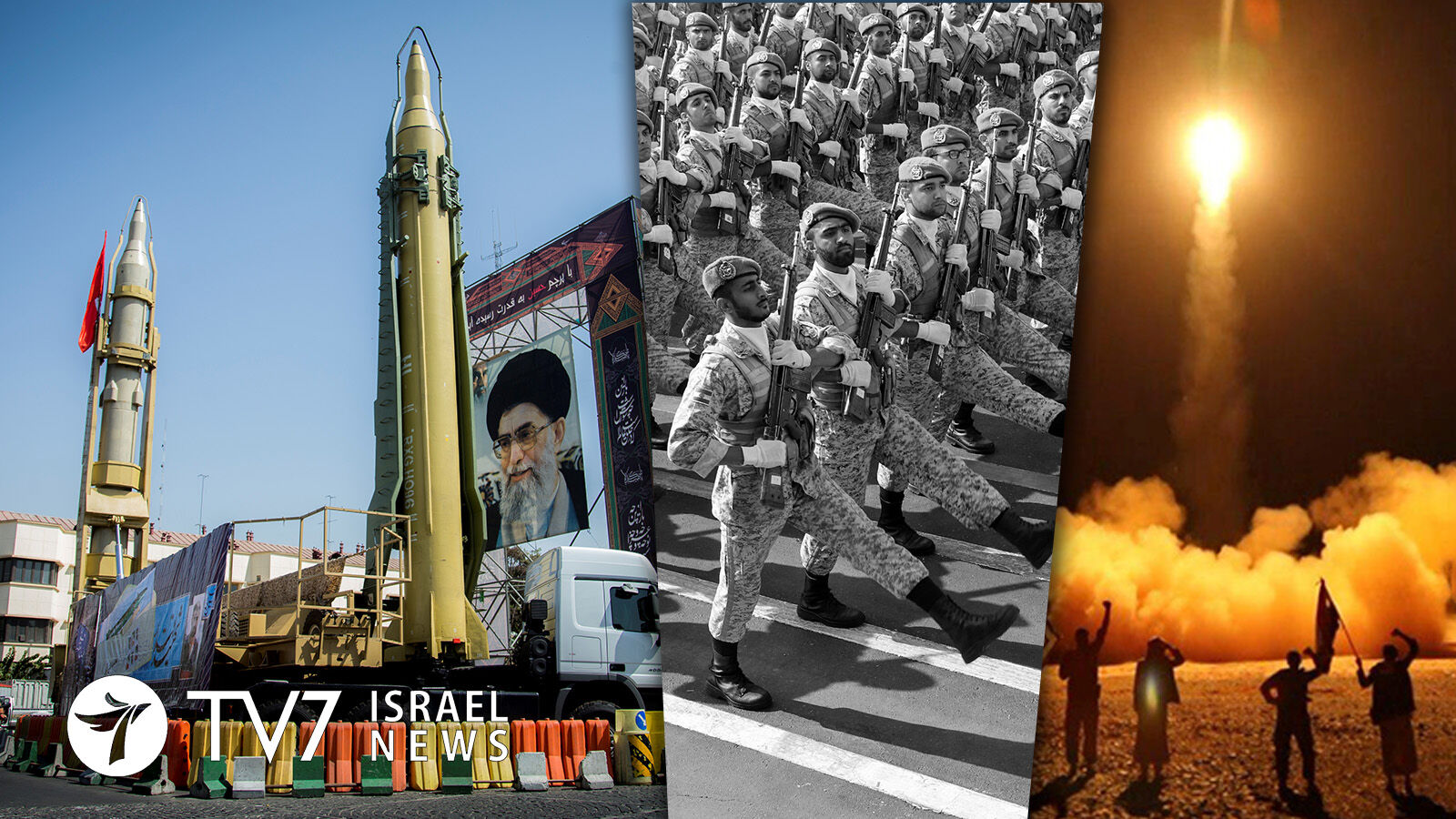Representatives of the European Union emphasize the critical importance of negotiating a diplomatic resolution to the Iranian nuclear dispute during a session of the United Nations Security Council in New York.
By Jonathan Hessen and Erin Viner
The statements come amid ongoing attempts by world powers in Vienna to bring both Iran and the United States back into compliance with the 2015 Joint Comprehensive Plan of Action nuclear deal (JCPOA). Former US President Donald Trump withdrew from the pact in 2018, after which the Islamic Republic blatantly violated curbs it had set to prevent the production of nuclear weapons.
“Our aim remains to negotiate the return of the United States to the Agreement and the resumption of JCPOA commitments by the US and by Iran. We continue to be convinced that we are much better off with the JCPOA in place,” the European Union Ambassador to the United Nations Olof Skoog said, adding that, “No better alternative exists for the international community to be reassured in a verifiable way that Iran’s nuclear program is solely dedicated to peaceful purposes and that through sanctions lifting, Iran can also reap the economic benefits.”
The E3 nations of France, Germany and Britain also warned that “Iran must choose between keeping to the terms of the agreement or face an escalation,” in acknowledgement that “Iran has accelerated breaches of the most sensitive aspects of its nuclear program.”
Despite public doubts in the West, Iran’s UN Ambassador Majid Takht-Ravanchi insisted that his country is negotiating in good faith in Vienna. He also maintained that repeated demands for the lifting of harsh sanctions on Tehran imposed by the Trump Administration before finalization of any agreement does not constitute “preconditions.”
“Make no mistake. We are not imposing any preconditions or new conditions. We are talking about the same conditions that are embedded in the JCPOA and Resolution 2231,” Amb. Takht-Ravanchi said in reference to the UN bill that ratified the 2015 deal, maintaining that Iran’s requests are “the same conditions that form the very foundations of the JCPOA, and the same conditions that resulted in reciprocal commitments of the parties in the JCPOA.”
“Without full satisfaction of these conditions, the Accord is useless for the Iranian people. We therefore call for the full, timely, unconditional, and verifiable implementation of the JCPOA. No more, no less,” underscored the Iranian envoy.
US Ambassador to the UN Linda Thomas-Greenfield reaffirmed the determination of President Joe Biden to return to the JCPOA, while simultaneously stressing that Washington has no intention of permitting Tehran to utilize stalling tactics at the Vienna Talks advancing its nuclear program.
“President Biden has been clear: he is prepared to return to US compliance and to stay in compliance, so long as Iran does the same. We are fully prepared to lift sanctions as consistent with our JCPOA commitments, which would allow Iran to receive the economic benefits of the deal. And we’re convinced that, if Iran approaches talks in Vienna with urgency and good faith, we can quickly reach and implement an understanding on mutual return. We cannot, however, allow Iran to accelerate its nuclear program and slow-walk its nuclear diplomacy,” said Ambassador Thomas-Greenfield.
While senior security officials in both Jerusalem and Washington highlighted to TV7 that even though the Biden Administration lacks political will to implement forceful contingencies against Tehran’s nuclear program, the White House is nevertheless engaged in preparing its Middle Eastern partners for such a potential course of action.
The process of ratifying defense deals aimed at supplying Washington’s regional partners with qualitative military equipment is, however, taking longer than anticipated.
As a consequence of frustration over the perceived US “lack of urgency” to confront Iranian aggression, the United Arab Emirates is reportedly considering the suspension of talks to acquire advanced F-35 stealth fighter jets as part of a $23-billion deal that includes sophisticated unmanned aerial systems and other advanced munitions.
In an apparent effort to calm tensions with the Abu Dhabi, US Secretary of State Antony Blinken announced that Washington remains prepared to move forward with deals for the F-35 fighter jets and unmanned aerial vehicles “if that is what the Emiratis are interested in doing.”
“We’ve wanted to make sure, for example, that our commitment to Israel’s qualitative military edge is assured,” added Secretary Blinken in acknowledgement of Washington’s strong defense pact with Jerusalem, explaining, “So, we wanted to make sure that we could do a full review of any technologies that are sold or transferred to other partners in the region, including the UAE. But I think we continue to be prepared to move forward if the UAE continues to want to pursue both of these systems.”
